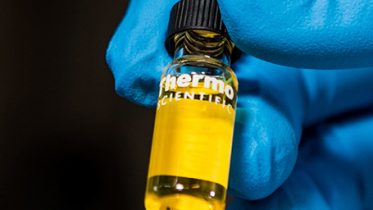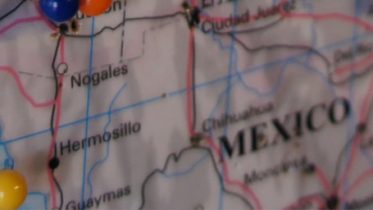WIPO recognizes the first International Depositary Authority (IDA) in Mexico
- 26 January 2016
- Articles
The World Intellectual Property Organization (WIPO) has recognized the first International Depositary Authority (IDA) in Mexico, which is at the same time, the second IDA in Latin America.
Despite that Mexico is a Contracting Party of the Budapest Treaty on the International Recognition of the Deposit of Microorganisms for the Purposes of Patent Procedure since 2001, only recently a Mexican Institution has acquired the status of IDA. This was achieved by virtue of the publication of Budapest Notification No. 308, dated August 25, 2015.
The Mexican Institution concerned is the Colección de Microorganismos del Centro Nacional de Recursos Genéticos (Microorganisms Collection of the National Center of Genetic Resources, CM-NRG). The CM-NRG, located in Tepatitlán de Morelos, Jalisco, is a research unit under the Central Pacific Regional Research Center of the National Institute of Forestry, Agricultural and Livestock Research (CIRPAC-INIFAP). The CM-NRG hosts a collection of germplasm related to the diverse activities of the food, agriculture, forestry, water management and fishing industries, and the food security of the Mexican population.
As an IDA, the CM-NRG accepts the following deposits of microorganisms and biological material: microalgae, animal viruses, plant viruses, pathogenic and non-pathogenic bacteria, bacteriophages, mammalian embryos and gametes, eukaryotic DNA, hybridomas, pathogenic and non-pathogenic fungi, human cell cultures, non-pathogenic yeasts, nematodes, viroids, animal cell cultures, plant cell cultures, mycoplasmas, plasmids (in host), isolated plasmids, non-parasitic protozoa, DNA and RNA of microorganisms, genomic libraries, and microbial consortia.
The IDA is also obliged to furnish samples of any deposited material under the conditions prescribed in the Budapest Treaty Regulations.
For the first time, patent applicants –foreign and domestic- have the opportunity to deposit samples of biologic material in Mexico, that will serve for patent purposes, i.e., for any administrative or judicial procedure relating to a patent application or a patent. This is particularly convenient for Mexican patent applicants, which in the past had to make any deposit of biologic material concerned with their applications, in foreign countries.
However, biologic material can still be deposited in any other IDA located worldwide in accordance to the Budapest Treaty for PCT national phases in Mexico. Therefore, although foreign applicants might not benefit from the Mexican IDA, as Mexican applicants probably will, the admission of a local institution as the first national IDA indicates the undeniable and increasing participation of the Mexican State in Global IP matters.
It is worth noting the first IDA recognized in Latin America was the Colección Chilena de Recursos Genéticos Microbianos (Chilean Collection of Microbial Genetic Resources, CChRGM) on 2012.









